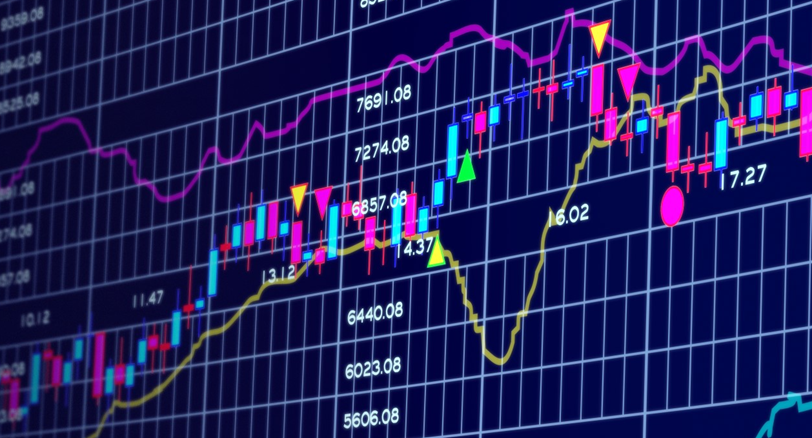The ABCs of CFDs: A Primer for Novices

Contracts for Difference (CFDs) have emerged as popular trading instruments, offering traders the opportunity to speculate on the price movements of various assets. Here’s a closer look at CFD trading and its key characteristics.
What is CFD Trading?
CFD trading involves entering into a contract with a broker to exchange the difference in the value of an underlying asset between the time the contract is opened and closed. Unlike traditional investing, CFD how it works allow traders to profit from both rising and falling markets, providing ample opportunities for potential gains.
Advantages of CFD Trading
One of the primary advantages of CFD trading is its flexibility. Traders can choose from a wide range of asset classes, including stocks, commodities, currencies, and indices, enabling them to diversify their investment portfolio. Additionally, CFDs offer the advantage of flexible leverage, allowing traders to amplify their market exposure with a smaller initial investment.
Risk Management in CFD Trading
While CFDs offer the potential for high returns due to leverage, it’s essential to manage the associated risks effectively. Leveraged trading can magnify both profits and losses, and traders should have a clear risk management strategy in place to protect their capital. This may include setting stop-loss orders, diversifying their portfolio, and avoiding over-leveraging positions.
Choosing a CFD Broker
When selecting a CFD broker, it’s crucial to consider factors such as regulation, trading platform, fees, and customer support. While regulation provides a level of protection for traders, it’s also essential to ensure the broker offers a user-friendly trading platform with advanced charting tools and analysis resources.
Conclusion
CFD trading offers traders the opportunity to speculate on the price movements of various assets, including stocks, commodities, currencies, and indices. With their flexibility, accessibility, and potential for high returns, CFDs have become increasingly popular among both retail and institutional traders. However, it’s essential to approach CFD trading with caution and ensure you understand the risks involved before getting started.